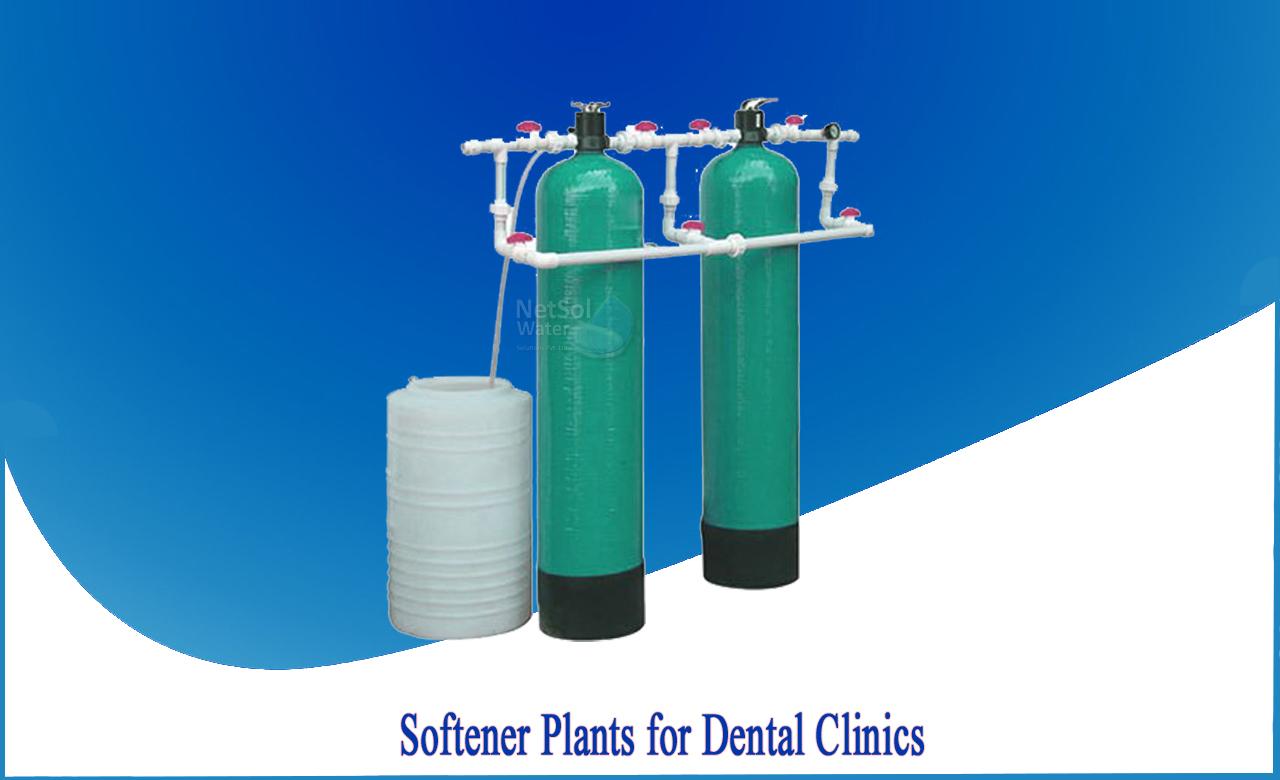What is hard water?
You may have heard the terms "hard water" and "soft water" several times. The former is usually associated with the horror story of clogged pipes and brokenmachines, yellowed out clothes.
But what exactly do these labels mean?
We can simply say, hard water is water with high mineral content.
Why use Softener Plants for Dental Clinics?
Calcium and magnesium both are part of the water cycle, and the higher the amount, the "harder" the water is due to its mineral content. On the other hand, soft water is water with little adhesion. The presence of white choke-like residues, usually near the faucet, in the sink, or in appliances such as kettles and coffee makers, can determine whether the faucet water is hard or soft.
What are the side effects of hard water?
The main physical effects you`ll notice from extremely hard water are dry skin from washing or hands or showering. The bad effects of hard water are usually easily solved with a simple water filter that you can attach to faucets and showerheads.
Hard water damage to teeth?
While there`s no solid evidence that hard water can cause serious health issues, you`d think that ingesting mineralheavy hard water would influence your teeth through direct exposure. We all know that calcium has a benefit on your teeth, as well as your overall health, and increasing your intake isn`t going to hurt but the long term exposure can!
But what about hard water with abrasiveness? Can your teeth be damaged?
In most cases, minerals in hard water are not greasy enough to damage teeth and tooth enamel. Using a water softener purchased from the store will help reduce the build-up of minerals in your device, but you don't have to worry about the condition of your teeth.
Water quality of the dental unit
The water supply line of the dental unit (i.e., high speed hand pieces, air/water syringes, and plastic tubes that carry water to the ultrasonic scaler) has long, narrow bore tubes that make it bacterial, promotes proliferation and biofilm development, inconsistent flow rates and potential for oral fluid recovery. If water is not properly treated, dental caregivers and patients may be at risk of adverse health effects.
All dental units must use a water purification or treatment system to meet drinking water standard. A separate reservoir (or water bottle system) alone is not enough. There are commercial products and devices that can improve the quality of the water used in dental treatment. For Surgical Procedure it is recommended to use only a sterile solution as a coolant/cleaning agent, using a suitable dosing device such as a dispenser.
Drinking from a tap is common in many homes, but you can make a difference when the water is hard. Soft water tastes good and is refreshing. Also, soft water is better for your dental hygiene. Years of drinking hard water can cause your teeth to turn yellow.
Netsol Water are manufacturers of all the softening plants whether commercial or industrial. We are here to take care of your health and money.




